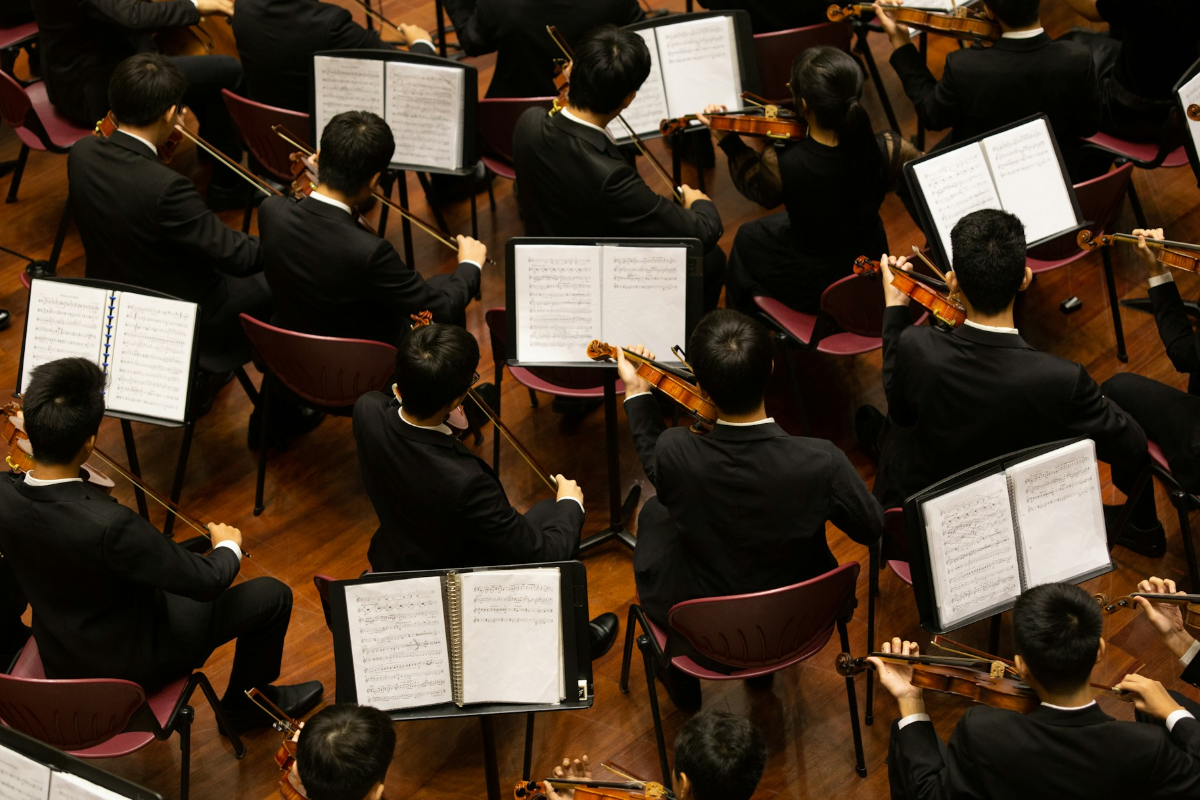
Photo: Samuel Sianipar via Unsplash
Arts roles feature in proposed changes to work visa rules
A series of arts positions will be included in government list that allows a lower salary threshold for creatives seeking to move to the UK under a skilled work visa.
The government’s Migration Advisory Committee (MAC) is recommending artists, dancers, choreographers, musicians, arts officers, producers and directors all be added to a list of occupations where the minimum salary to qualify for a UK skilled worker visa is lowered, once immigration reforms come into force.
In December, the UK government announced the minimum salary to be sponsored as a skilled worker visa will increase from April, with the baseline minimum rising from £26,200 to £38,700. But it said that for occupations added to an Immigration Salary List (ISL), the threshold would be lower, at either a minimum or £30,960 or their occupation-specific threshold, whichever is higher.
At the time, the government commissioned MAC, a non-departmental public body associated with the Home Office, to conduct a “rapid review” recommending a list of occupations to be included on the ISL, which is set to replace the existing UK Shortage Occupation List.
READ MORE:
- ACE endorses 2,600 visas for 'outstanding' talent
- Peers urge Treasury to speed up admin for touring musicians
The committee's recommendations include artists, dancers and choreographers, musicians, arts officers, producers and directors among the 21 occupations on the ISL.
The body is recommending a salary threshold of £31,200 for dancers and choreographers, £32,800 for artists, £35,500 for musicians and £37,500 for arts officers, producers and directors applying for skilled worker visas.
It also recommends a stipulation that “only dancers and choreographers that are skilled classical ballet dancers or skilled contemporary dancers, who meet the standard required by internationally UK ballet or contemporary dance companies” should qualify. It adds the company should be endorsed as being internationally recognised by a UK industry body.
For musicians, the committee recommends that “only skilled orchestral musicians who are leaders, principals, sub-principals or numbered string positions, and who meet the standard required by internationally recognised UK orchestras” should qualify. It adds the orchestra must be a full member of the Association of British Orchestras.
These additional requirements for dancers, choreographers and musicians mirror those included on the former shortage occupation list.
But no further stipulations were given for artists or arts officers, producers and directors, suggesting in theory, they could apply for a skilled worker visa in any job role with an approved employer, as long as it offered a higher salary than the respective thresholds.
Andrew Hurst, One Dance UK Chief Executive, told Arts Professional that the rapid review had not involved any official public consultation, but said the organisation wrote to the Home Secretary and MAC to inform on current pay levels in the dance sector “to make sure dancers and choreographers were on the ISL and to make sure the salary level was reflective of actual earnings levels”.
Hurst said that while it was “good” to see dancers and choreographers feature on the list, the reduced threshold “is not reflective of real earnings levels in the sector”.
“Only a handful of our members pay dancers and choreographers above this level, and even amongst those, individuals paid at higher rates represent a small proportion of their workforce,” he explained.
Next steps
The committee's report and proposed list is currently being reviewed by government, which is scheduled to publish an update to its new immigration rules on 14 March.
This is expected to include a confirmed list, which will come into force from 4 April as part of wider reforms to the UK’s immigration system.
Meanwhile, the MAC is anticipating it will be tasked with conducting a full review of the ISL later in 2024.
In a letter addressed to Home Secretary James Cleverly, MAC Chair Professor Brian Bell said that the body will carry out extensive stakeholder consultation, including a call for evidence, stakeholder roundtables and a renewed assessment of labour market conditions against the new salary thresholds, if the government requests it.
Hurst told Arts Professional One that Dance UK, which previously presented sector evidence to government in reviews of the Occupation Service List, will be involved in any future consultation and will lobby government to bring the ISL threshold in line with minimum salary thresholds agreed in the dance sector with the Independent Theatre Council and Equity.
Join the Discussion
You must be logged in to post a comment.